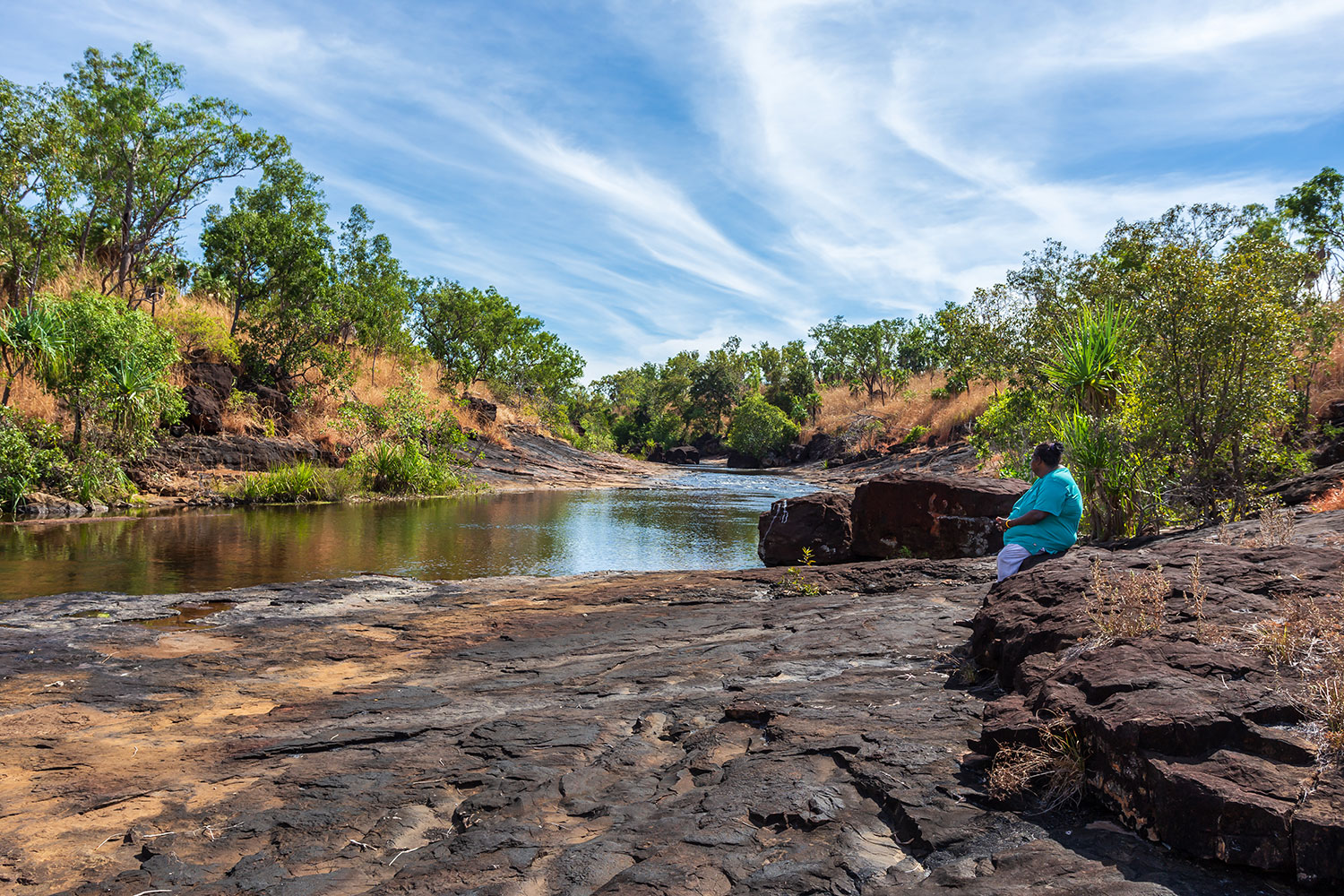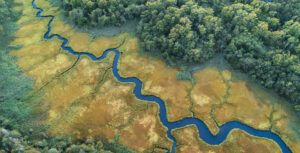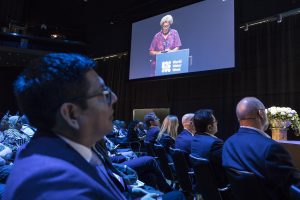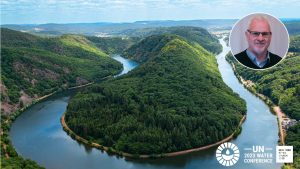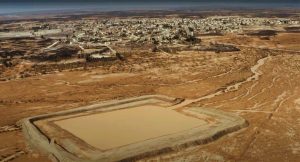Supporting the engagement of Indigenous Peoples in International Water Policy
(T)he First Nations Focus that has been included as a theme in World Water Week 2023, where several events and trainings hosted or support by the Water Governance Facility in support of Indigenous Peoples will be evident.
The WGF worked with partners such as UNESCO, UNEP, FAO, and Cap-Net to host important events, as well as speaking in several events hosted by different regional Indigenous networks such as the Asian Indigenous Peoples Pact and the Water and Tribes Initiative.
Overall, the presence of Indigenous Peoples at the Water Conference was quite strong, reflected in close to 30 official side events led by Indigenous Peoples within the programme, recognition of Indigenous Peoples within official communications, as well as a pre-summit for Indigenous Peoples on water prior to the Water Conference.
And because of its support to many groups and partners, new relationships have been formed between many actors that can continue momentum. A good example of this is the First Nations Focus that has been included as a theme in World Water Week 2023, where several events and trainings hosted or support by the Water Governance Facility in support of Indigenous Peoples will be evident.
